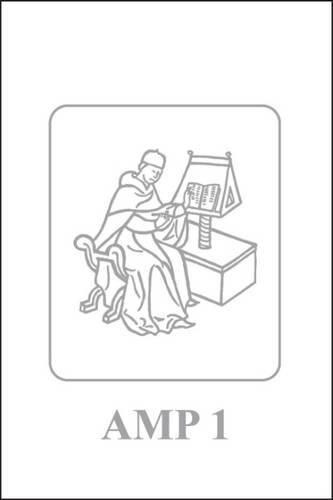Readings Newsletter
Become a Readings Member to make your shopping experience even easier.
Sign in or sign up for free!
You’re not far away from qualifying for FREE standard shipping within Australia
You’ve qualified for FREE standard shipping within Australia
The cart is loading…






In English and French. Ibn Rushd (1126-1198), or Averroes, is widely known as the unrivalled commentator on virtually all works by Aristotle. His commentaries and treatises were used as manuals for understanding Aristotelian philosophy until the Enlightenment. Both Averroes and the movement commonly known as Latin Averroism have attracted considerable attention from historians of philosophy and science. Most studies focus on Averroes’ psychology, particularly on his doctrine of the unity of the intellect, Averroes’ natural philosophy as a whole and its influence still remain largely unexplored. This volume aims to fill the gap by considering various aspects of Averroes’ natural philosophical thought and evaluating its impact on the history of philosophy and science between the late middle ages and the early modern period.
$9.00 standard shipping within Australia
FREE standard shipping within Australia for orders over $100.00
Express & International shipping calculated at checkout
Stock availability can be subject to change without notice. We recommend calling the shop or contacting our online team to check availability of low stock items. Please see our Shopping Online page for more details.
In English and French. Ibn Rushd (1126-1198), or Averroes, is widely known as the unrivalled commentator on virtually all works by Aristotle. His commentaries and treatises were used as manuals for understanding Aristotelian philosophy until the Enlightenment. Both Averroes and the movement commonly known as Latin Averroism have attracted considerable attention from historians of philosophy and science. Most studies focus on Averroes’ psychology, particularly on his doctrine of the unity of the intellect, Averroes’ natural philosophy as a whole and its influence still remain largely unexplored. This volume aims to fill the gap by considering various aspects of Averroes’ natural philosophical thought and evaluating its impact on the history of philosophy and science between the late middle ages and the early modern period.